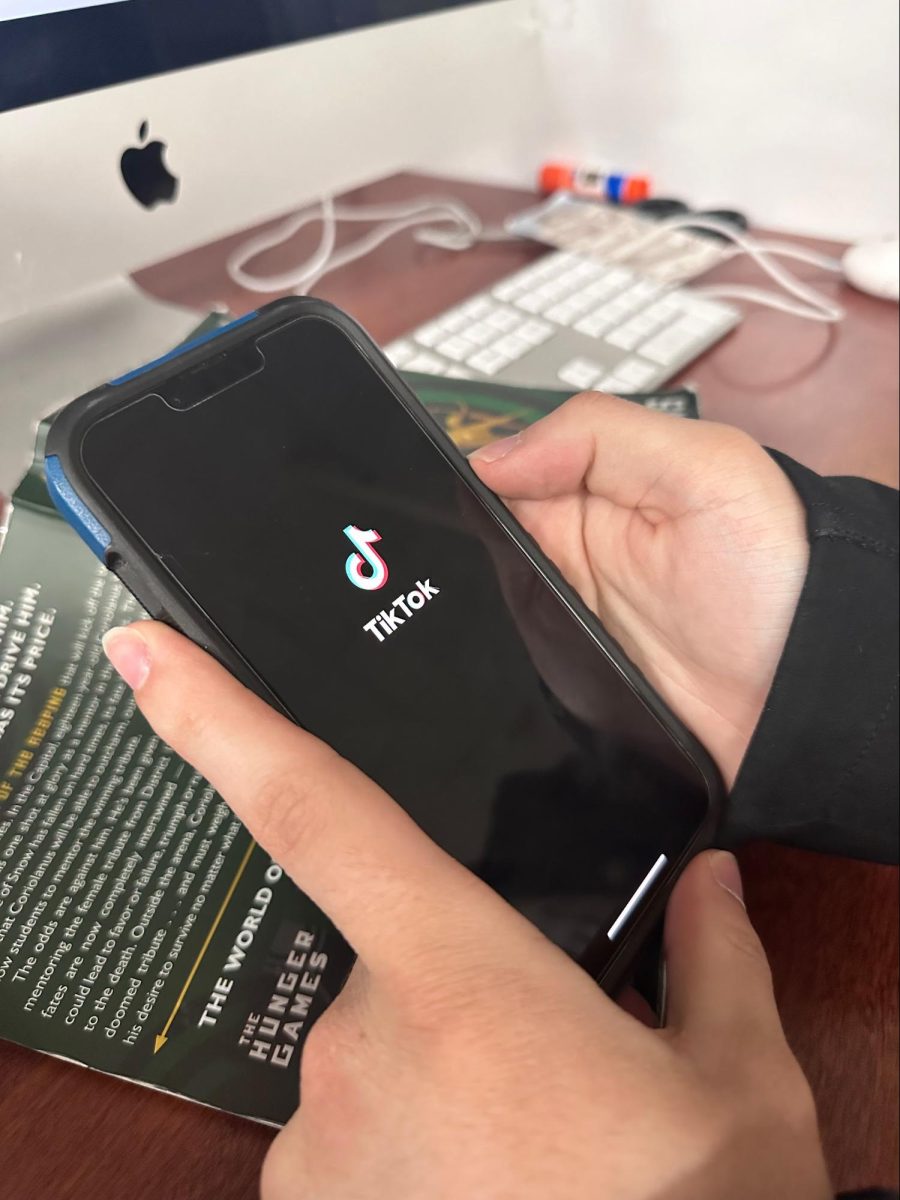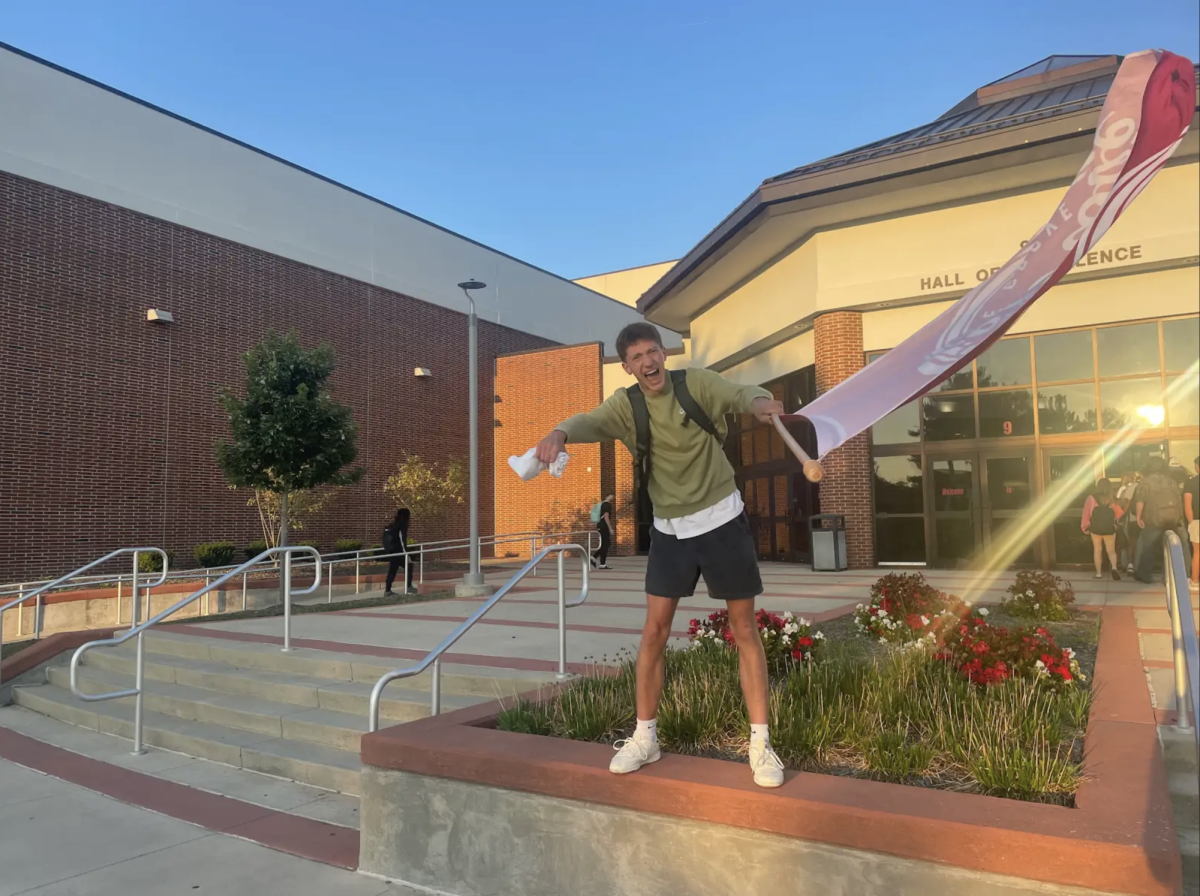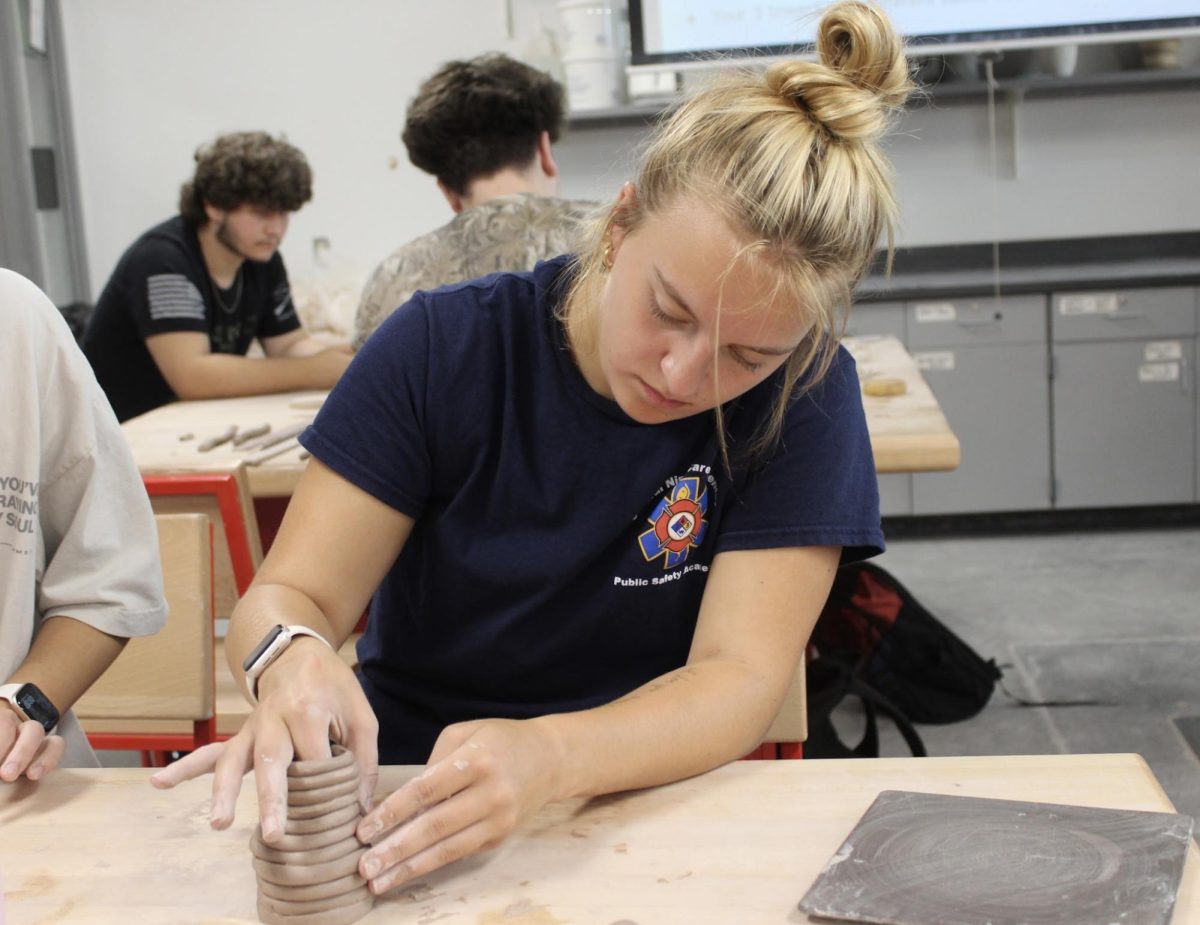In the past few months, lawmakers have doubled down on creating a bill to stop all business with the Beijing-based company ByteDance if it refuses to sell its stake in TikTok. The popular video-sharing app has long been a problem for those in charge, as they have feared its ties to China and how it may affect national security. Many believe that the Chinese government could be using TikTok to spy internationally on Americans and weaponize the information they retrieve.
However, people who rely on TikTok for entertainment and business are in a different boat than our lawmakers. Many people use TikTok to promote their small businesses, grow their influential brands, and get a start in the entertainment gig. It follows a lineage of apps that have done such as YouTube, Vine, Musical.ly, and other forms of social media. These apps have allowed people to make a living and start careers, no matter how famous they are.
Nevertheless, a recent bill that was passed in the US House of Representatives forces ByteDance to either sell to a US-based company or face a nationwide ban.
Here is why people are upset:
“If the government banned TikTok, it would undermine millions of users’ free speech and association. It would also intrude on TikTok’s interest in disseminating its users’ videos—just as bookstores have a right to sell books written by others, and newspapers have a right to publish someone else’s opinion,” EFF writer Adam Schwartz said.
Like many other social media platforms, Tiktok gives users the freedom to create their own content on their own platform. They can be creative in their own ways and find others who share the same interests while gaining popularity.
“Tiktok is a really good platform, not just for entertainment but also for getting information and spreading it to others. I have seen so many creators get a jump-start on business from the Tiktok algorithm,” junior Mackenzie Staggs said. “Creators can promote songs, literature, and life hacks to help others better themselves. Not all of TikTok is inappropriate jokes and humor; a lot of it can be extremely helpful.”
The app has been a massive controversy among lawmakers and politicians, particularly within the House of Representatives, where members such as Matt Gaetz (R) and Ilhan Omar (D) have both voted no on the ban, as opposed to members of their respective parties like Tony Gonzalez (R) and Nancy Pelosi (D) who voted yes. Despite this conflict, the House passed the bill on to the Senate.
If the bill continues to gather support and pass in the Senate, it will be sent to the president to become law. President Joe Biden has repeatedly mentioned that he will be signing the bill once it reaches his desk, so all society has to rely on now is the majority Senate vote. If the Senate decides to pass the bill, ByteDance will have six months to sell to an American buyer or be banned entirely. With a vast amount of support from the House, it is not unlikely that the Senate will do the same thing.
“I know the odds aren’t necessarily in our favor, but I really hope TikTok sticks around longer. TikTok is my source of relaxation and it really helps me stay entertained throughout the day,” junior Mckenna Twilt said. “If the app does eventually go down, I’m sure there’ll be a new trending app by the next day, but it definitely still sucks.”








